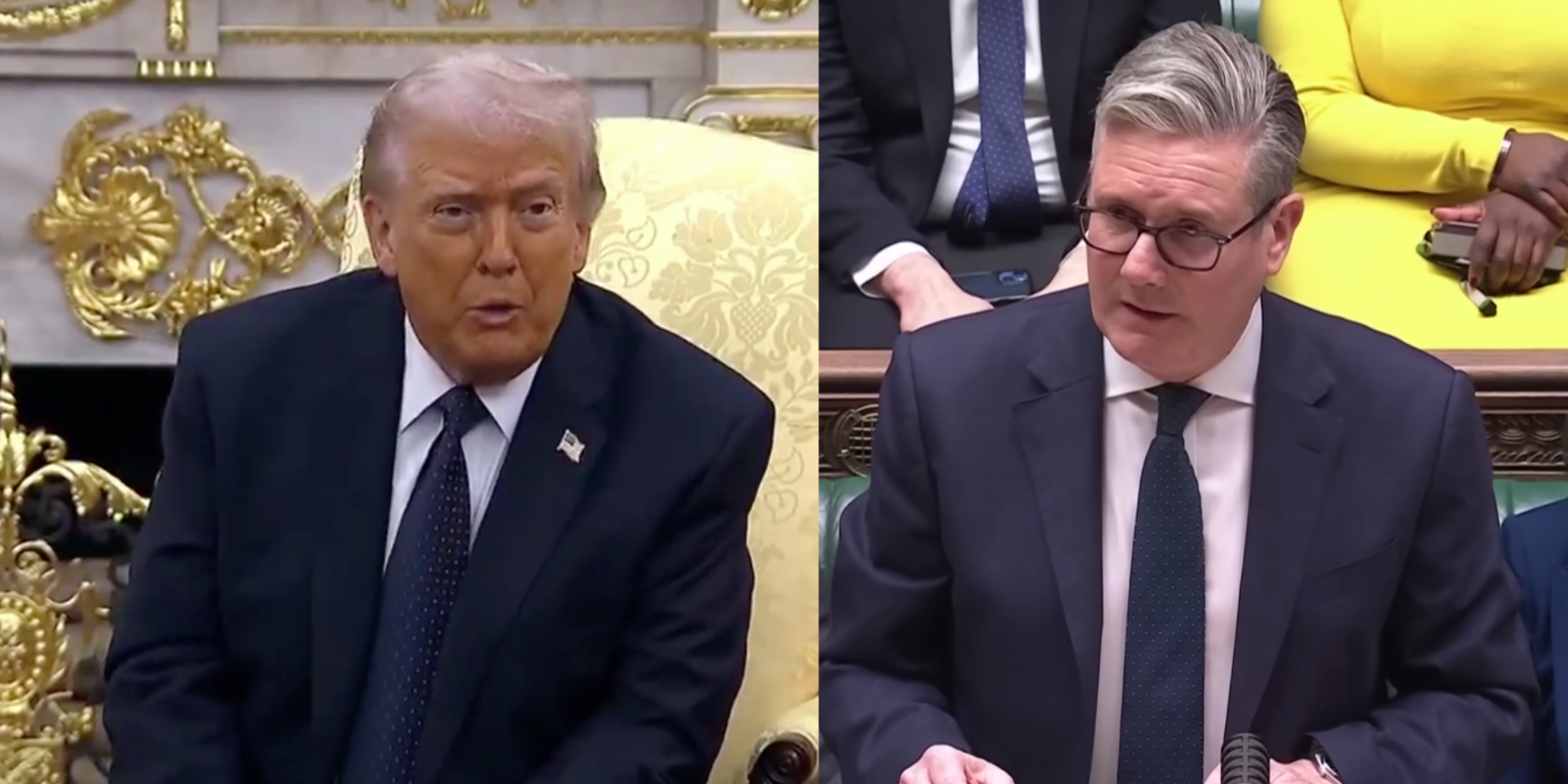Lamar Alexander (R-Tenn.) is making simplification of the Federal Application for Federal Student Aid (FAFSA) the cornerstone of his higher education agenda.
Sure, it's a long form with too many questions. But it's not exactly the biggest problem facing America's Higher Education sector.
Student debt is where the attention should be paid.
There are too many young people are drowning in student loan debt right now, often without the kind of education or training that will help them land well-paying jobs.
Federal laws exist under the premise that a college education creates a responsible citizenry and a highly skilled labor force, but this premise seems more dubious by the day.
The cost to attend college education is rising eight times faster than wages, with evidence suggesting the federal government’s monopolized student loan system is to blame.
Many who would be better served by a streamlined education customized to fit their career goals are shepherded into a four-year university—a move that costs them unnecessary time and money.
Research shows as many as 40 per cent of college graduates are underemployed—meaning they are in jobs that do not require a college degree. Dr. Richard Vedder of Ohio University has written that only 36 per cent of those entering college graduate on time and obtain a job that requires a degree—which is the goal of almost everyone who enters college.
[caption id="attachment_176297" align="alignnone" width="2400"] Protesters want free education[/caption]
Protesters want free education[/caption]
Federal laws exist under the premise that a college education creates an informed, responsible citizenry and a highly skilled labor force, but this premise seems more dubious by the day.
A poll conducted in October 2016 by the American Council of Trustees and Alumni found that one in four recent college graduates could not correctly identify Tim Kaine as the Democratic Party's vice presidential nominee. This was at the height of the election period.
With social justice orthodoxy monopolizing classrooms, and more cash being spent on luxurious dorm rooms than instruction, our universities are no longer the great institutions of inquiry and learning.
More than half (52 per cent) did not know what the Federal Reserve does, and nearly a quarter (23 per cent) could not identify the time period of the Great Depression. So much for being informed.
With social justice orthodoxy monopolizing classrooms, and more cash being spent on luxurious dorm rooms than instruction, our universities are no longer the great institutions of inquiry and learning.
Naturally, public opinion is turning against American universities.
[caption id="attachment_176296" align="alignnone" width="2000"] The future of American classrooms?[/caption]
The future of American classrooms?[/caption]
A 2017 Pew Research poll revealed 58 per cent of Republican or Republican-leaning voters believe college has a negative impact on the country. This is no surprise given the rampant free speech violations occurring on college campuses, combined with the shocking lack of intellectual diversity amongst American faculty.
The current Higher Education Act authorizes the distribution of billions of taxpayer dollars to public and private universities. Perhaps Americans should begin questioning whether such an expense can still be adequately justified.
Americans are calling for a full-scale rethinking of Washington’s higher education policy.
Simplifying the federal aid application will not alleviate student debt, help foster innovative and competitive higher education options, or restore academic integrity to our institutions. A reauthorization that focuses on the kinds of bureaucratic tweaks Sen. Alexander wants to make can only be seen as a failure.
Innovative approaches that require colleges to have “skin in the game”—such as income share agreements—would allow students to bypass the loan system all together.
Under these agreements students delay payment and agree to pay a percentage of future earnings back to the school.
This incentivizes colleges to provide courses that actually prepare students for successful careers. But as long as federal aid is readily available, schools will feel little pressure to start delivering value for the tuition dollar.
[caption id="attachment_176299" align="alignnone" width="4288"] A student, probably not learning anything[/caption]
A student, probably not learning anything[/caption]
Policymakers should cut the federal purse strings. Such cuts would ease the inflationary pressure on tuition prices, and create space for the private lending market to offer loans at competitive rates to students. Moreover, eliminating—or at least capping—federal loan programs would help insulate taxpayers from being stuck with the tab when students default on their large loan balances.
While the Senate HELP committee discusses minor changes to marginal matters, Americans are calling for a full-scale rethinking of Washington’s higher education policy.
Americans’ view of the real value of higher education is changing dramatically. We are tired of throwing more and more good money into what looks like an increasingly bad investment.
Mary Clare Amselem is a policy analyst in the Center for Education Policy at The Heritage Foundation





